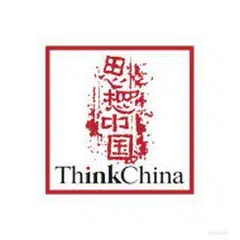Can China become a more relaxed society?
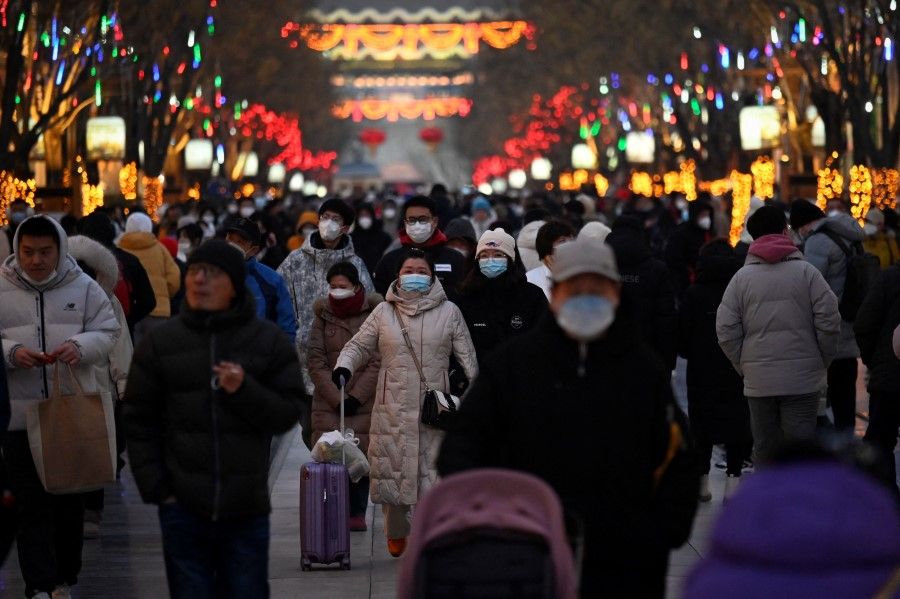
Chinese actor Han Xiao plays drug dealer Zhong A-si in the Chinese crime drama The Knockout, but his scenes were immediately cut from the show after his drug-related offences in 2009 were discovered. As a television binge-watcher, I would never have thought that a minor character like Zhong A-si would create an uproar if it hadn't made the news.
Entertainment artists' behaviour in limelight
In the past few years, many Chinese celebrities have landed in hot water - tax evasion, sex offences, extramarital affairs, fraud, illegal drug use... whether public or private, such cases are plenty. Film production teams have come up with a standard operating procedure for dealing with these fallen celebrities, including changing their faces through AI, applying mosaic effects or editing out the role.
Even the 20-year-old series My Fair Princess has not been spared. In 2018, the National Radio and Television Administration released a list of four categories of celebrities who are not to be used: those who are not in line with the Chinese Communist Party (CCP) and who do not have high moral standards; those with low-class behaviour; those whose thinking and bearing are of a low standard; and those who have a blemished record, negative press or questionable morals.
Variety shows rushed to blur out dyed hair and tattoos of guest celebrities as if making post-modern fantasy art, and one does not know whether to laugh or to cry at such ludicrousness.
Such neuroticism, sensitivity and uncompromising cancel culture bear resemblance to the Cultural Revolution...
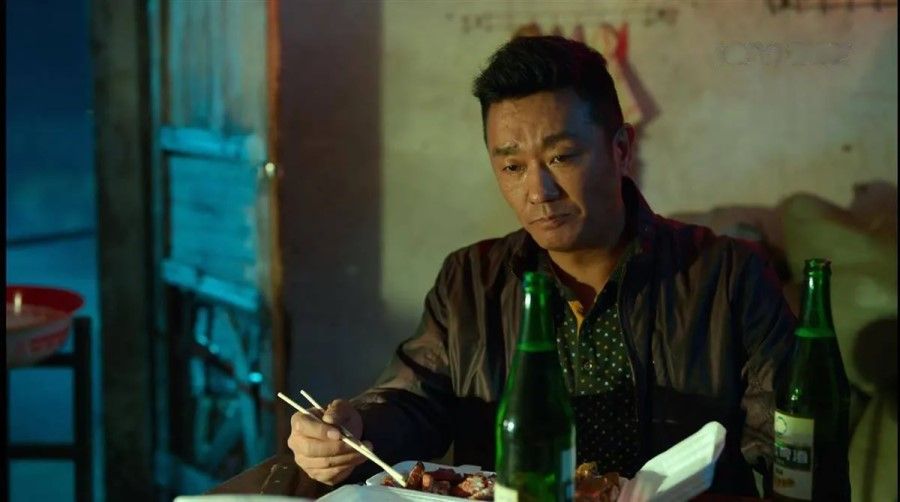
Some celebrities are banned because they have broken the law, and others due to political sensitivities. The latter has forced some Hong Kong and Taiwan celebrities to take sides. They have to take care not to say the wrong thing in mainland China, as well as Hong Kong and Taiwan, and also not endorse products that could trigger touchy issues and sentiments. Any slip and they will be accused of "insulting China", which puts them in a very difficult position. Such neuroticism, sensitivity and uncompromising cancel culture bear resemblance to the Cultural Revolution in raising all things to a class or ideological struggle, and publicly criticising and parading the "wrong-doers".
Every society has political correctness and taboos that cannot be touched. Breaking the law cannot be condoned, while personal moral mistakes should not be excused. Given the transmitting and broadcasting nature of the entertainment industry, entertainment artists are treated differently from other professions when they want to make a comeback after wrongdoing.
But tolerance is preferred rather than moral pressure in the face of imperfect human nature. All the world's a stage, and the different personas of a celebrity on and off stage are in fact just an issue of ethics that every ordinary person would face.
Ethical debates of right and wrong are always controversial, but can also be summed up in three lines - one has to make corrections if one errs, one should be praised if one commits no mistakes; recognising and correcting one's mistake is one of the best things to do; mistakes should be pointed out with the good intention of helping others improve (a saying by Mao Zedong, and a line in the last episode of The Knockout).
Last year, screenwriter and National People's Congress representative Zhao Dongling submitted a proposal for a framework to "rescue" these fallen celebrities, as she felt that there should be rules in doling out punishment.
And it is not just the entertainment industry; such extreme ideas of rectitude permeate every sector in China.
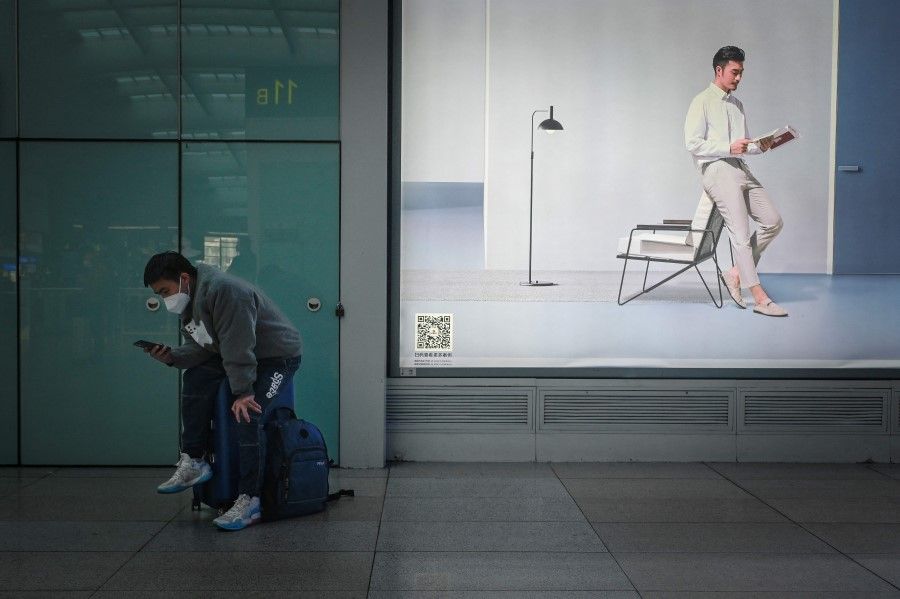
Former Global Times editor-in-chief and opinion leader Hu Xijin also recently said that one should give those who are regretful the necessary tolerance. By the looks of it, such widespread extreme ethics of removing anyone who makes a minor error is no longer appropriate, and freer and more inclusive social ethics will come in time.
Fear of wrongdoing
And it is not just the entertainment industry; such extreme ideas of rectitude permeate every sector in China.
In the field of government affairs, anti-corruption efforts have gained pace since the 18th Party Congress. As of June 2022, 4.43 million civil servants have been punished for corruption-related offences. In the judicial sector, according to court reports, 1.71 million people were convicted in 2021 alone; by extension, there would be tens of millions of people on the streets with conviction records.
People that "have a record" bear a heavy mental burden. The media has reported that some civil servants fall into depression after being punished for their misdeeds, and just pass their days in passive idling.
In everyday life, people are often threatened with failing their political checks and getting a mark on their record and impacting their children's future because of some behavioural "transgressions".
The reintegration of former offenders into society is also a considerable social issue, as they face discrimination in many areas. People with a record are rejected by institutions and society and become like the "untouchables" in India - they are some of those affected by the extreme expectation of morality.
Most ordinary Chinese people also live in fear that one day they might do something wrong and lose everything. In everyday life, people are often threatened with failing their political checks and getting a mark on their record and impacting their children's future because of some behavioural "transgressions". This is commonplace in China.
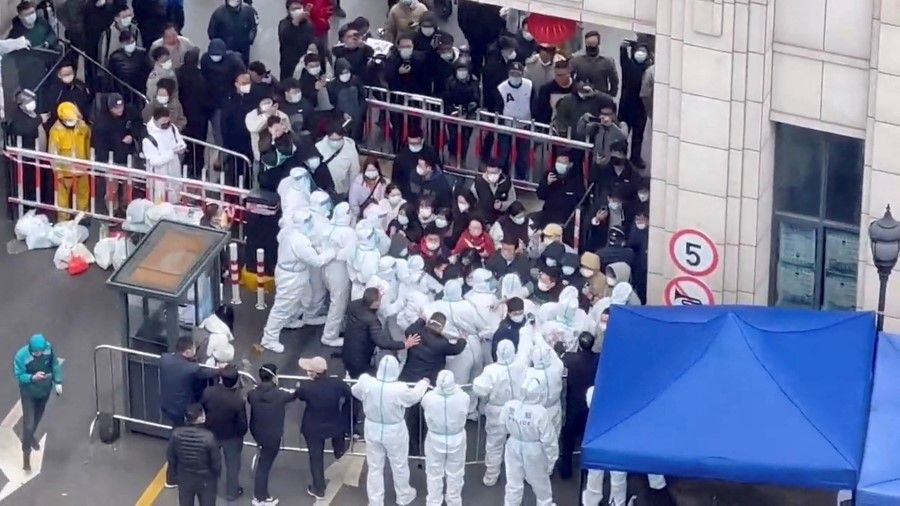
The pandemic has in fact magnified the dark side of society, where people's subconscious ethical perspectives surfaced. During the Shanghai lockdown in May last year, civil servants went door to door, threatening residents that "your punishment will affect the three generations after you!"
In August, Chengde city released a notification that hiding one's whereabouts would lead to punishments for three generations of direct descendants as well as relatives - such so-called "transgressions" were just residents saying a loud "no" to the authoritarian ways of the grassroots officials, while staying within the framework of the law.
A more relaxed society?
As society changes, so do people's ethical perspectives and values. In the 1970s and 1980s, people would blush at the sight of young people in China publicly hugging, but it is nothing out of the ordinary by today's standards.
Recently, I visited the former residence of Ming dynasty philosopher Li Zhi, outside the southern gate of Quanzhou, which was at the forefront of global cultural exchange in China during the Song and Yuan dynasties. Its open and inclusive sociocultural environment moulded thinkers like Li, who believed in being free of falsehood and staying genuine. He also self-identified as a "heretic" and criticised one of the orthodox schools of neo-Confucianism. He even rejected the idea that women were inferior to men in native intelligence.
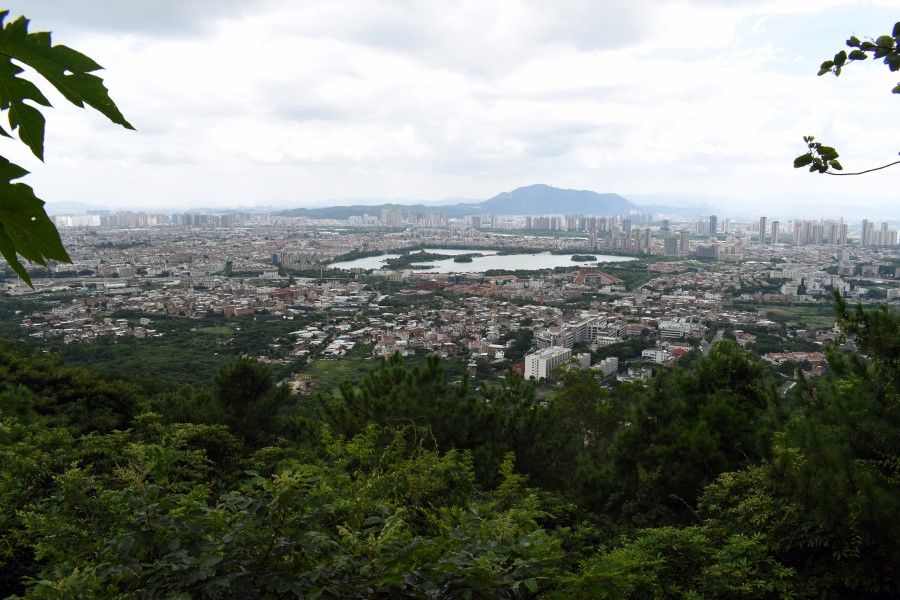
Quanzhou also became influential in many areas. In modern times, the Fujian people concentrated in Quanzhou and Zhangzhou boldly ventured out and toiled away towards Nanyang (Southeast Asia); about 40% of the Chinese community in Singapore are originally from Fujian. Also, Quanzhou has seen the miracle of the "Jinjiang Experience", where the GDP of Jinjiang county has jumped 2,000 times since reform and opening up through the private sector economy. If China's socioeconomic development is to progress, there must be an open and inclusive environment for thought.
Just as the ancient Chinese scholars were constantly observing the asceticism of "prudence" and "the preservation of heavenly principles and the eradication of human desires", contemporary Chinese are also bound by this anachronistic ethical view.
... under the framework of the law, there should be fewer and fewer day-to-day rules and regulations, and people should become freer and more liberal.
I am not denying morality and leaning towards nothingness, but I am advocating to sing and dance as we like within the law, to be part of a free, open and inclusive society. Even today, Li's view that being fed and clothed is the way of humanity (穿衣吃饭即是人伦物理) is a clarion call.
With China increasingly prosperous and open to the world, under the framework of the law, there should be fewer and fewer day-to-day rules and regulations, and people should become freer and more liberal.
As China seeks its own path to rejuvenation through the "five characteristics" of strength, democracy, civilisation, harmony and beauty, the concept of modernisation with Chinese characteristics is becoming more comprehensive. At the same time, the modernisation of ethical perspectives - reconciling the ethics of social collectivism with the ethics of individual liberalism, and the ethics of nationalism with the ethics of globalism - must be given equal importance.
Related: Celebrities scrubbed from the Chinese internet: Victims of China's social revolution? | China's crackdown on pretty boys and temple temptresses: Why are Chinese women feeling targeted? | Building a moral and prosperous Chinese society: Prelude to a social revolution in China? | Li Yundi's case shows the immaturity of Chinese society?
